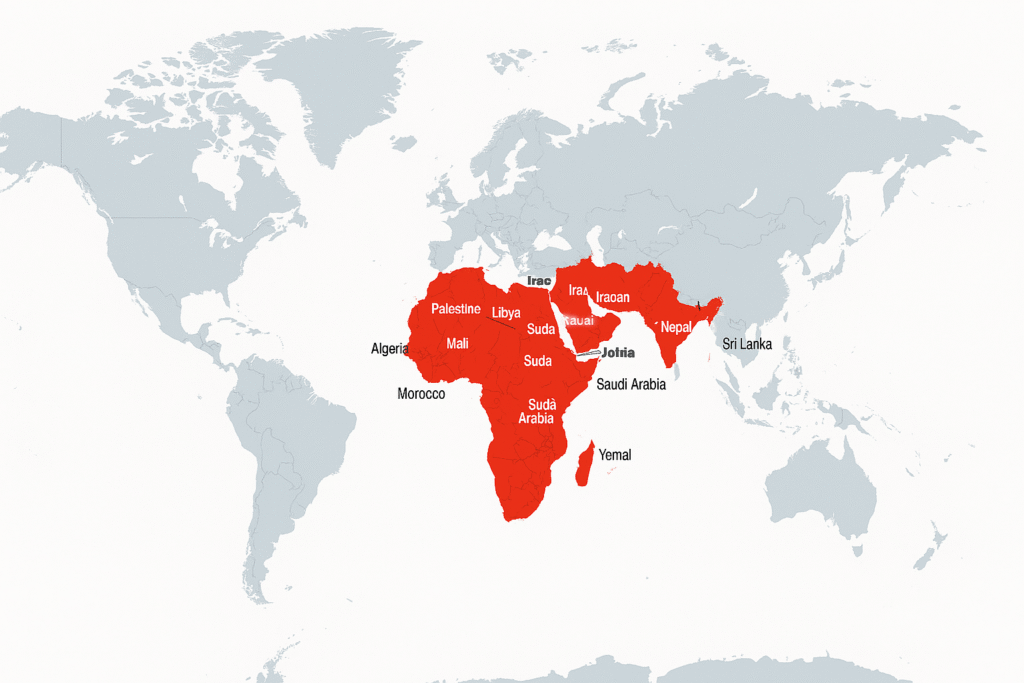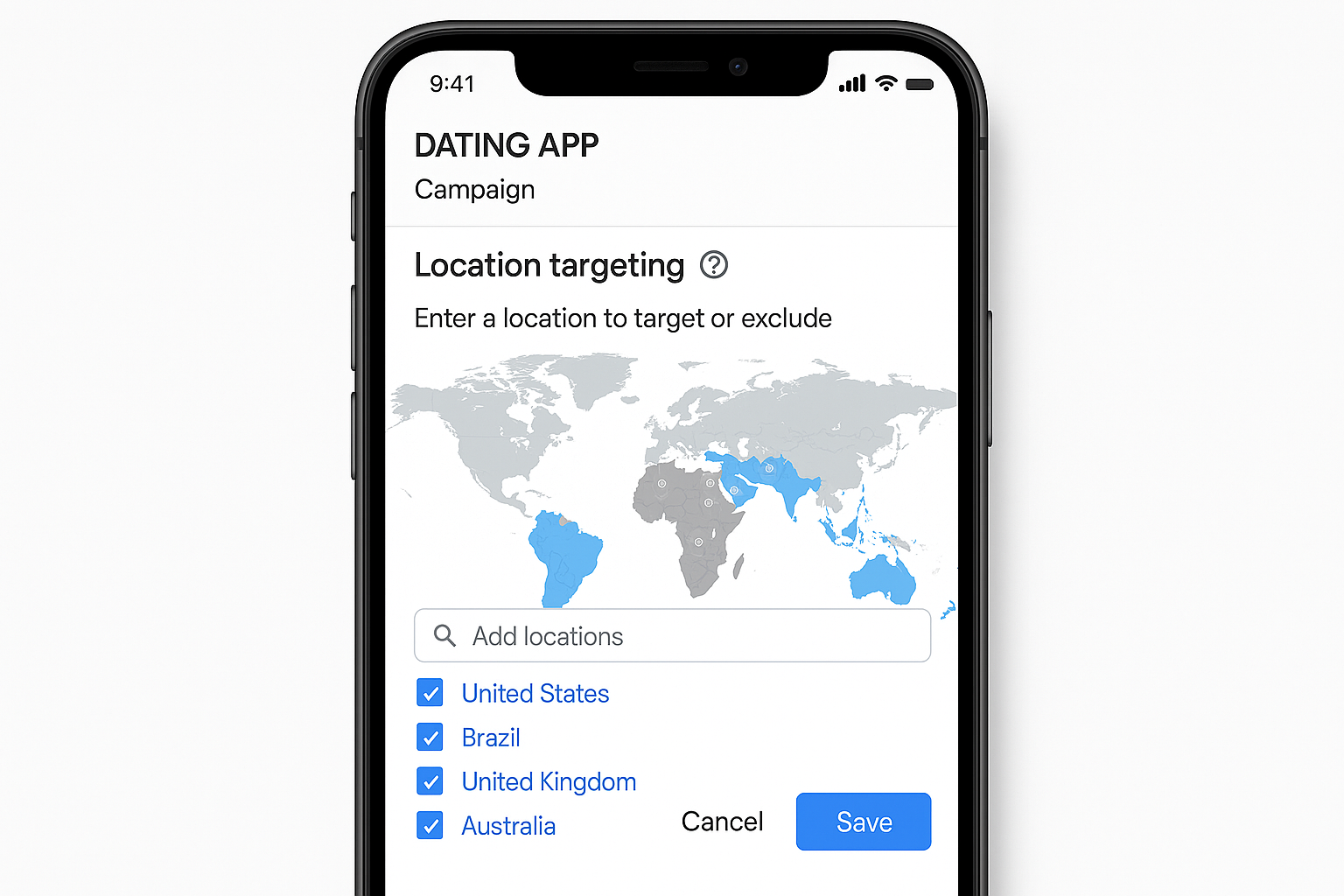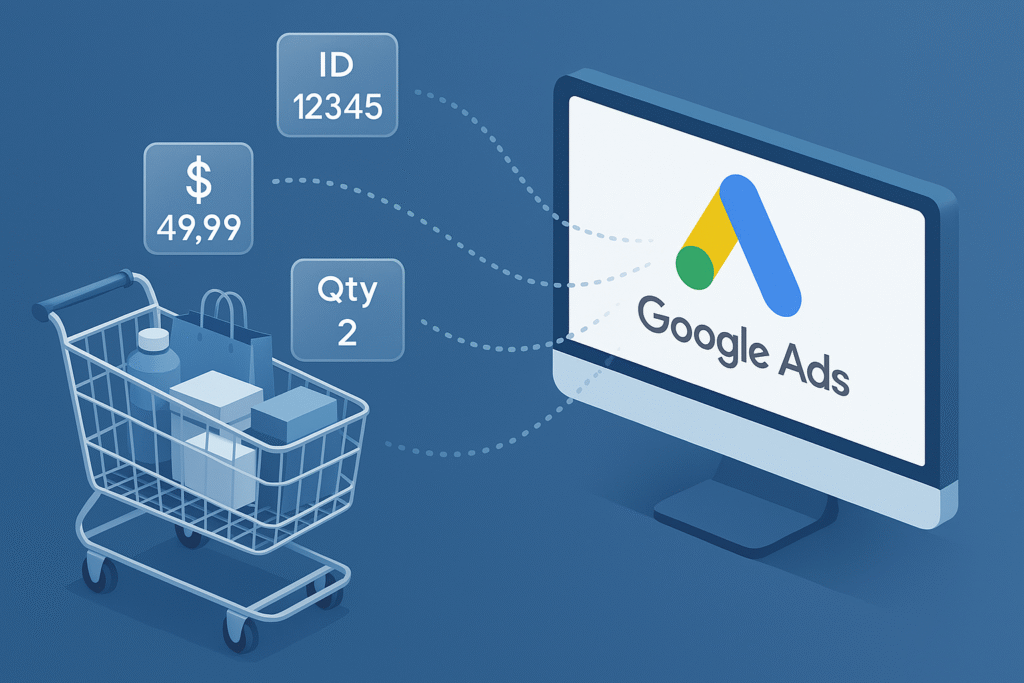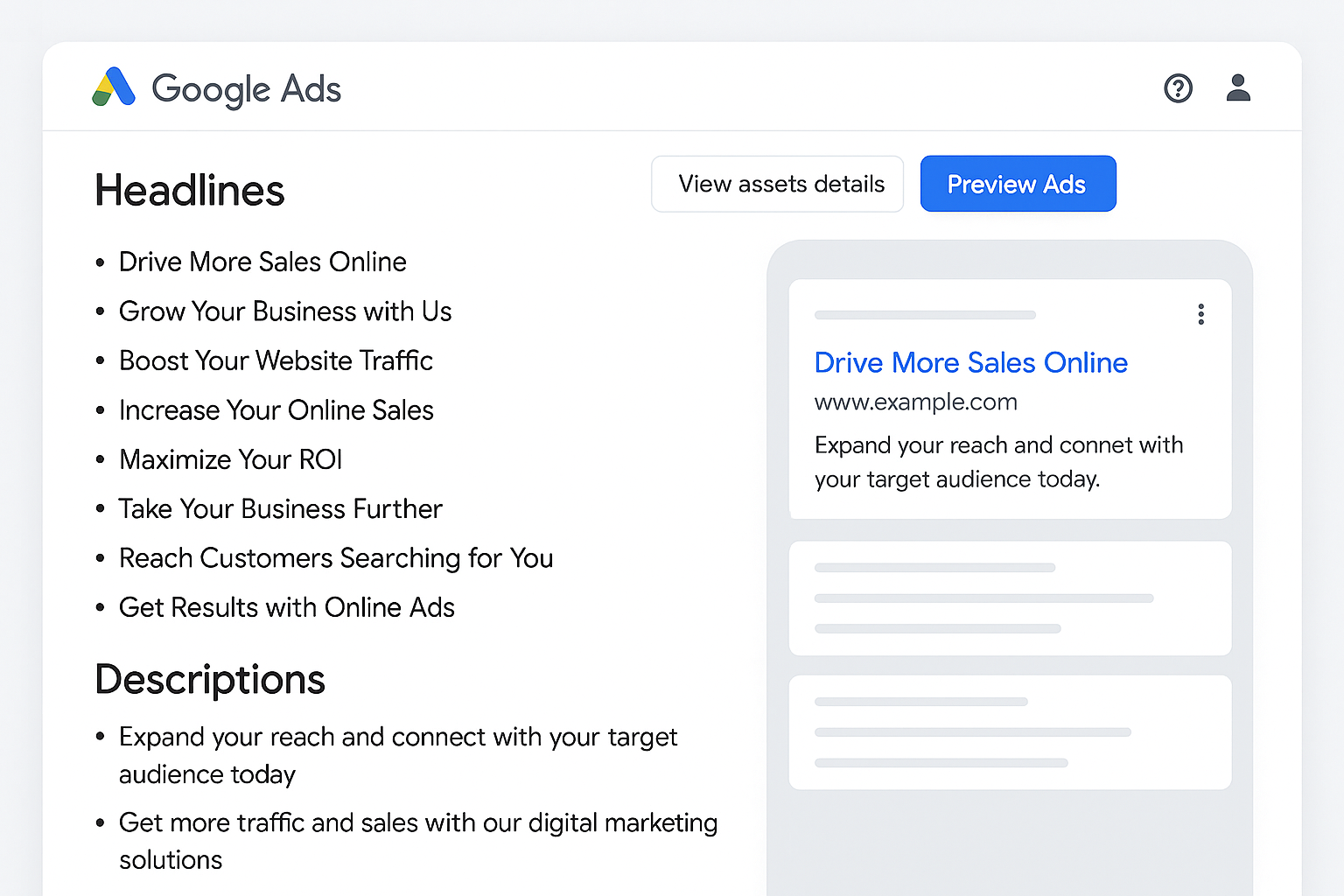If you run online dating ads through Google, there is a big policy change you need to know about. Google Ads Changes Dating Ad Rules and Companionship policy, and the changes could make it easier for advertisers in many countries to promote dating services.
Starting in August 2025, Google is narrowing its restrictions so that dating ads will only be restricted in 19 specific countries instead of being more broadly limited. Learn how to get your campaigns on YouTube TV.
The Updated List of Restricted Countries
Under the new rules, ads for dating and companionship services will now be restricted only in these countries:

- Algeria
- Bahrain
- Sri Lanka
- Palestine
- Iraq
- Jordan
- Kuwait
- Lebanon
- Libya
- Morocco
- Oman
- Nepal
- Pakistan
- Qatar
- Saudi Arabia
- Tunisia
- Egypt
- Yemen
If your ads are targeting any of these locations, they will not be allowed to run, even if they meet all other Google Ads requirements.
What “Google Ads Changes Dating Ad Rules” Means for Advertisers
For businesses in the dating industry, this update could be good news. Before, Google’s dating ad restrictions applied to a wider range of countries. Now, more markets are open for advertisers who want to promote dating apps, matchmaking services, relationship counseling, or other companionship services.
If your business operates in countries outside of these 19 restricted locations, you should now be able to run dating ads without worrying about this specific policy. Of course, your ads will still need to follow all of Google’s other advertising rules, such as being truthful, not misleading, and meeting local legal requirements.
Why Google Still Restricts Dating Ads in These Countries
Google has not publicly shared a detailed explanation for why these 19 countries remain restricted, but the reasons likely relate to local laws, cultural norms, and online advertising regulations.
In many of these regions, dating and companionship services are either heavily regulated or socially discouraged. Some have strict rules around relationships, personal ads, and matchmaking that conflict with Google’s ad guidelines.
By keeping these countries restricted, Google is staying compliant with local laws while also avoiding potential legal or cultural issues for advertisers and users. Explore Instagram picks and top features.
How This Impacts Existing Campaigns
If you already have Google Ads campaigns running for dating-related services, you may notice changes in your targeting options.
- If you were targeting a restricted country before: Your ads will stop showing in that country once this update takes effect.
- If you were targeting countries outside the restricted list: You might now see more reach and impressions, because fewer restrictions mean your ads can be shown in more regions.
- If you use broad targeting: Make sure to double-check your location settings so your ads are not accidentally targeting restricted countries, as that could lead to disapproval or account warnings.
Advice for Dating Service Advertisers
If you are in the dating industry, here are a few steps to take after this policy change:
- Review Your Target Locations: Go into your campaign settings and make sure you are only targeting countries where dating ads are allowed. If you accidentally target a restricted country, your ads could be blocked.
- Update Your Creative and Messaging: Since more countries are now open to dating ads, you might want to tailor your ad copy to specific audiences. For example, dating app users in Europe may respond to different messaging than users in Asia or South America.
- Follow All Other Google Policies: Even if your target country is not restricted, your ad must still meet all of Google’s general advertising standards. This includes avoiding misleading claims, ensuring images are appropriate, and complying with each country’s local laws.
- Test and Optimize for New Markets: If your ads were previously blocked in certain regions that are now allowed, run test campaigns to see how those audiences respond. Monitor your performance metrics closely to find out where your ad spend delivers the best results.
A Shift in Google’s Approach
This move to narrow the restricted list suggests Google may be taking a more targeted approach to ad regulations. Instead of blanket restrictions, they are focusing on countries where there are specific legal or cultural reasons to block certain categories.
For advertisers, this is a reminder that Google’s policies are not static. They evolve over time, sometimes opening up new opportunities and sometimes adding new limitations. Staying up to date with these changes is key to avoiding wasted ad spend and account issues. Master Google’s Performance Max campaign strategies.
The Bigger Picture
While this update is specific to the dating and companionship category, it fits into a larger trend in online advertising. Platforms like Google, Facebook, and TikTok are increasingly customizing their ad rules to align with different countries’ laws and cultural standards.
This means that global advertisers need to think locally. A campaign that works perfectly in Canada might be completely banned in Saudi Arabia, not because of the ad’s content itself, but because of regional restrictions.
My Personal Take on This Change
As someone who has worked with digital advertising for years, I see this as a positive step. The more precise a platform can be in its restrictions, the better it is for both advertisers and users.
Blanket bans often prevent legitimate businesses from reaching willing customers. By narrowing the restriction to just 19 countries, Google is making it easier for dating services to connect with audiences in places where these ads are acceptable and legal.
It also helps level the playing field for smaller advertisers who may not have the resources to constantly find workarounds for broad restrictions. Now, with a clear list of blocked countries, they can focus their budget on areas where they know their ads can run.
Final Thoughts
Google Ads Changes Dating Ad Rules and it is a significant change for the online dating industry. By reducing the restricted list to just 19 countries, the company is opening up more global markets for advertisers while still respecting regional laws and cultural norms.
If you are a dating service advertiser, now is the time to review your targeting, explore new markets, and make sure your ads comply with all other Google policies.
And as always in digital marketing, keep an eye out for future changes. Today it is dating ads, tomorrow it could be another category entirely. Discover how Google’s new AI tools are cutting fake ad activity.





